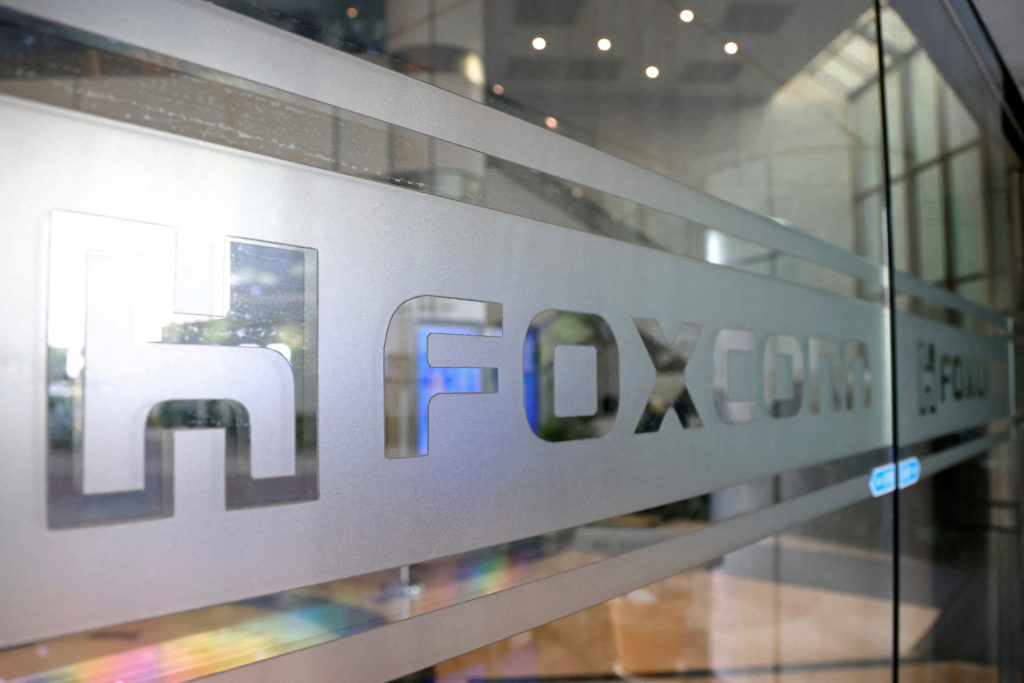
Foxconn, the world’s largest contract electronics manufacturer, stated on Wednesday that its expansive global footprint positions it to weather potential tariffs proposed by U.S. President-elect Donald Trump better than its competitors. Young Liu, chairman of the Taiwanese company and a key supplier to Apple, explained the impact of new tariffs would likely fall more heavily on Foxconn’s clients due to its contract manufacturing model.
Speaking at a forum in Taipei, Liu emphasized that Foxconn’s extensive international operations give it a competitive edge. “Clients may decide to shift production locations, but looking at Foxconn’s global footprint, we are ahead. As a result, the impact on us is likely smaller compared to our competitors,” Liu said.
Trump recently announced plans to impose a 25% tariff on products from Mexico and Canada and an additional 10% tariff on goods from China. Foxconn, which has major manufacturing facilities in China, including a massive iPhone assembly plant, has been diversifying its production by expanding into countries such as the United States, Mexico, and Vietnam.
Diversification and Strategy
Foxconn has made strategic investments in regions that could mitigate potential tariff risks. In Mexico, the company is constructing a large facility to produce Nvidia’s GB200 AI servers, aligning with a broader trend toward regional manufacturing. Liu highlighted Mexico’s appeal, citing its population of over 100 million and proximity to South American markets as key factors.
In the United States, Foxconn has recently acquired land and factory buildings in Harris County, Texas, through a $33 million investment by one of its subsidiaries. However, Liu noted that further details about the company’s U.S. plans would only be available after Trump assumes office on January 20, as the administration’s specific policies and tariff strategies remain unclear.
“After that, we will have a corresponding strategy in place,” Liu said. He framed the situation as part of broader geopolitical negotiations, adding, “What you’re seeing now is a game between nations, not yet between companies. Whether it’s 25% or an additional 10%, the outcome is uncertain as they continue to negotiate. We are constantly adapting and refining our global strategy.”
Lessons from the Past
Foxconn’s previous foray into large-scale U.S. investments serves as a cautionary tale. During Trump’s first presidency, the company pledged $10 billion for a facility in Wisconsin, a project that was later scaled back significantly. The lessons from that experience may inform Foxconn’s current approach, balancing expansion with caution.
Despite uncertainties, Liu expressed confidence in Foxconn’s resilience, pointing to the company’s ability to adapt quickly to shifting policies and economic conditions.
Foxconn’s strategy underscores the importance of diversification in today’s unpredictable trade environment. While its global footprint offers a clear advantage, the company’s mixed track record with large-scale investments, such as the scaled-back Wisconsin project, serves as a reminder that even the most adaptable strategies require careful execution. By balancing its global reach with cautious planning, Foxconn positions itself as a resilient player in the face of shifting geopolitical dynamics.
Featured image courtesy of PBS
Follow us for more tech news updates.
